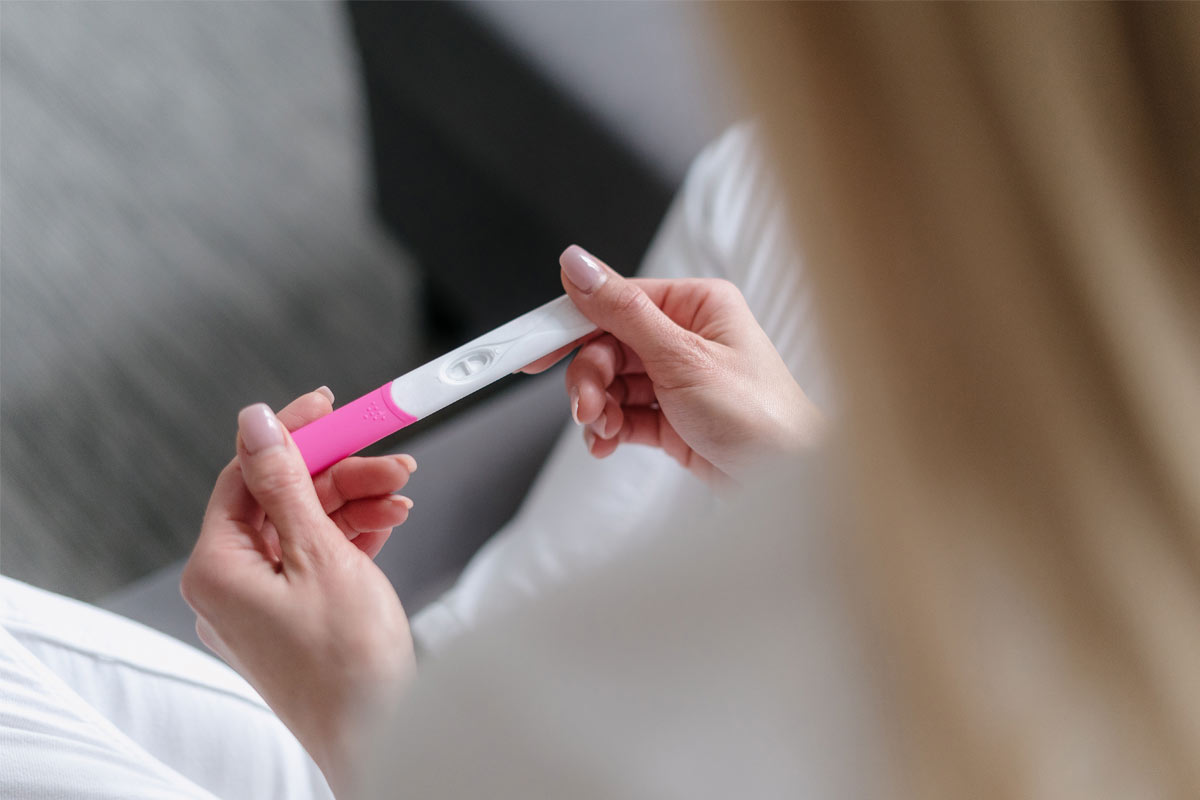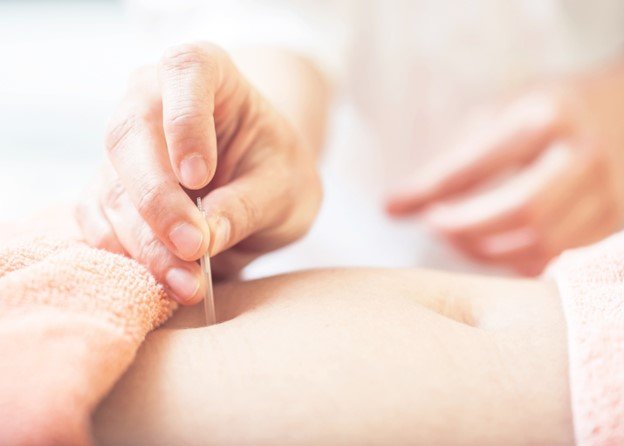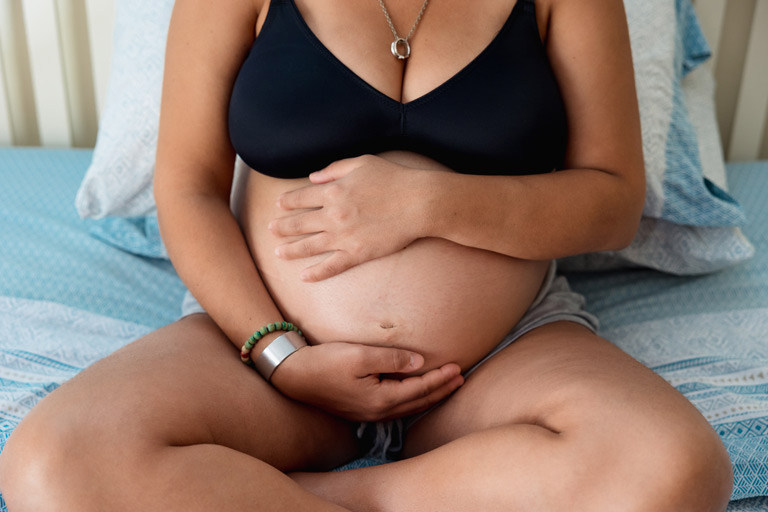Unexplained Infertility: A Chinese Medicine Viewpoint and Treatment
Unexplained infertility (UI) is diagnosed when standard fertility evaluations, including semen analysis, ovulation assessment, and tubal patency tests, yield normal results. This diagnosis affects a significant proportion of couples seeking fertility assistance. The emotional and psychological burden associated with UI can be substantial, often leading to feelings of frustration, anxiety, and despair. Chinese Medicine (CM) offers a distinct perspective and potential therapeutic interventions for UI. This article aims to provide an overview of CM’s understanding of UI, its diagnostic approaches, and treatment strategies.
Chinese Medicine (CM) provides comprehensive support for those experiencing unexplained infertility (UI), focusing on healthy eggs and sperm development, regular ovulation, and a thick, smooth uterine lining. It also addresses stress and anxiety’s impact on fertility, offering tools to manage emotional challenges. CM can complement assisted reproductive procedures like IUI or IVF, and supports the early stages of pregnancy, promoting health and preventing miscarriage. Overall, Chinese medicine offers a holistic approach to fertility management.
What is Unexplained Infertility?
Unexplained infertility, as defined within Western medical paradigms, presents a diagnostic challenge. Couples experiencing UI exhibit no identifiable physiological abnormalities that would conventionally account for their inability to conceive. The World Health Organization estimates that approximately 1 in 6 individuals experience infertility, and a significant portion of these cases are classified as unexplained. This lack of a clear aetiology often results in a sense of ambiguity and uncertainty for patients, further exacerbating the emotional distress associated with infertility.
Understanding the Root Causes of UI in Chinese Medicine

Chinese Medicine attributes UI to imbalances within the body’s energetic systems. These imbalances disrupt the harmonious flow of Qi (vital energy) and blood, impacting reproductive function.
- Kidney Deficiency: The Kidneys, in CM, govern reproductive function, growth, and development. Deficiency in Kidney essence (Jing) can lead to impaired fertility, manifesting as irregular menstruation, low libido, and diminished ovarian reserve. This deficiency impairs the body’s ability to nourish the reproductive organs. Poor Kidney function will lead to poor egg quality.
- Liver Qi Stagnation: This is often the most common diagnosis behind unexplained infertility. Emotional stress, frustration, and repressed emotions can lead to Liver Qi stagnation. This stagnation disrupts the smooth flow of Qi and blood, affecting ovulation and menstruation. Stagnation often presents as premenstrual tension, irritability, and painful periods, hindering conception.
- Spleen Qi Deficiency: The Spleen is responsible for transforming food into Qi and blood. Spleen Qi deficiency results in poor nutrient absorption and blood production, impacting the uterus’s ability to sustain a pregnancy. This deficiency is often associated with fatigue, bloating, and digestive issues, impairing overall reproductive health.
- Blood Stasis: Blood stasis refers to the impaired circulation of blood, leading to stagnation in the pelvic region. This stagnation can affect the uterus and ovaries, hindering implantation and causing menstrual pain. Blood stasis often manifests as dark menstrual blood, clots, and pelvic discomfort, affecting fertility.
Diagnostic Tools in Chinese Medicine for UI
CM employs a holistic approach to diagnosis, assessing the individual’s overall health and well-being.
- Pulse Diagnosis: Skilled practitioners assess the quality, depth, and rhythm of the pulse to determine the state of Qi and blood in various organs. Different pulse qualities correspond to specific patterns of imbalance, providing insights into the underlying causes of UI.
- Tongue Diagnosis: The tongue’s colour, shape, and coating reflect the body’s internal condition. Changes in the tongue can indicate imbalances in Qi, blood, and fluids, aiding in the diagnosis of the root causes of UI.
- Detailed Case History: A thorough assessment of the patient’s medical history, lifestyle, emotional state, and menstrual cycle is crucial. This comprehensive evaluation helps identify patterns of imbalance and tailor treatment strategies.
TCM Treatment Options for Unexplained Infertility

Chinese Medicine offers various therapeutic modalities to address the root causes of UI and enhance fertility.
- Acupuncture: Acupuncture involves the insertion of thin needles into specific acupoints to stimulate the flow of Qi and blood. It can regulate the menstrual cycle, improve ovarian function, and reduce stress, enhancing fertility. Acupuncture can also aid in improving blood flow to the uterus, improving implantation. For example, treatment protocols may include using acupuncture points to build and invigorate the blood, effectively training the body to circulate blood more efficiently. Specific points such as SP10, SP6, LV3, LI4, BL17, BL18, and BL23 may be incorporated into these treatments.
- Herbal Medicine: Customised herbal formulas are prescribed to address specific patterns of imbalance. These formulas can tonify Kidney essence, regulate Liver Qi, strengthen Spleen Qi, resolve blood stasis, and eliminate phlegm dampness. Herbal medicine works on the body holistically to improve overall reproductive health. For example, during menstruation, a practitioner might prescribe Tao Hong Si Wu Tang to promote blood circulation and alleviate menstrual discomfort. Between periods, Jia Wei Xiao Yao Tang could be used to soothe Liver Qi stagnation and regulate hormonal balance, demonstrating the dynamic nature of herbal prescriptions in addressing cyclical changes.
- Moxibustion: Moxibustion involves burning moxa (mugwort) near specific acupoints to warm and invigorate Qi and blood. It is particularly beneficial for addressing cold patterns, such as Kidney Yang deficiency and blood stasis. This technique helps to warm the uterus and improve circulation.
- Dietary Therapy: Chinese medicine emphasizes the importance of a balanced diet to support reproductive health. Specific foods are recommended to tonify Qi and blood, depending on the individual’s constitution. Dietary recommendations are tailored to individual needs, focusing on warming or cooling properties of foods.
- Lifestyle Modifications: Stress management techniques, regular exercise, and adequate sleep are essential for optimizing fertility. Chinese medicine practitioners provide guidance on lifestyle adjustments to promote balance and harmony. This includes stress reducing techniques such as Qi Gong or Tai Chi.
Unexplained infertility presents a complex challenge for couples seeking to conceive. Chinese Medicine offers a valuable complementary approach by addressing the underlying imbalances that may contribute to UI. By employing diagnostic tools such as pulse and tongue diagnosis, and therapeutic modalities like acupuncture and herbal medicine, CM practitioners aim to restore balance and enhance reproductive function. A holistic approach that considers the individual’s physical, emotional, and lifestyle factors is paramount. For personalized fertility care and support, contact White Birch Clinic at (289) 837-2026.







